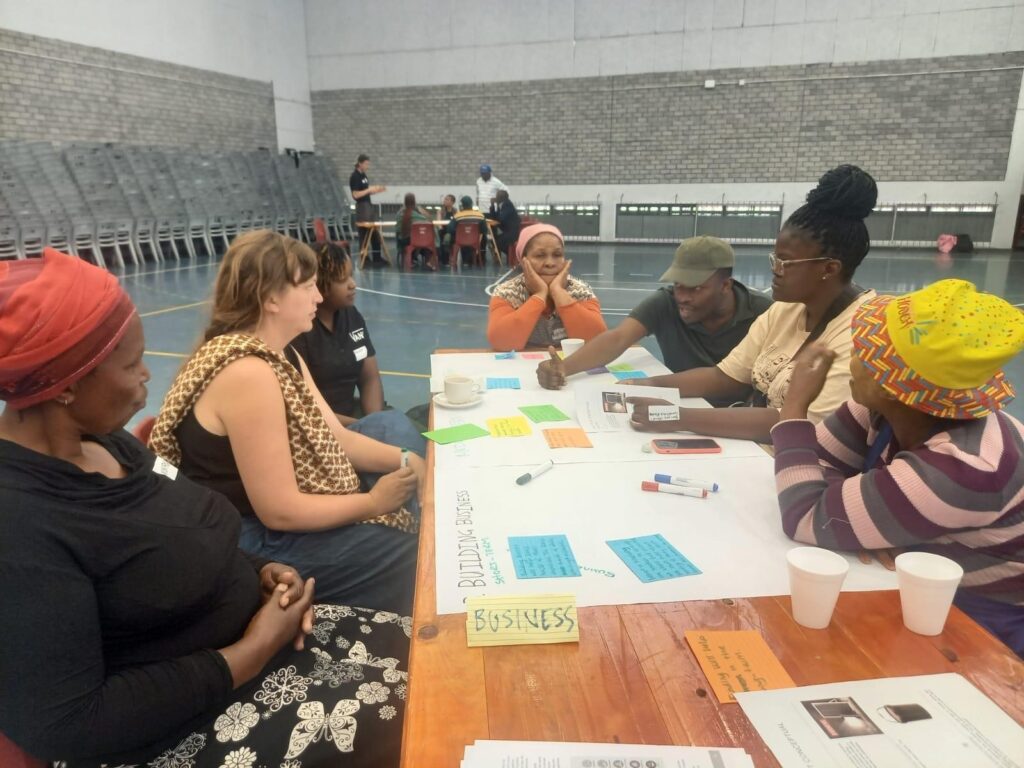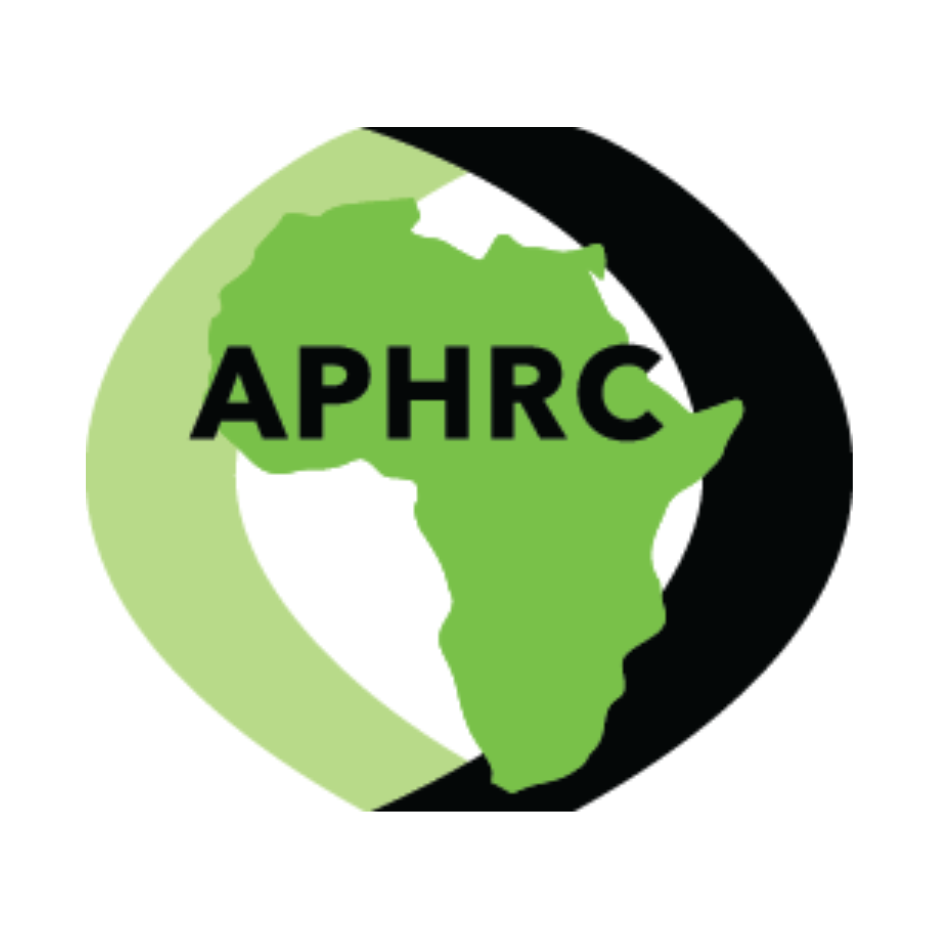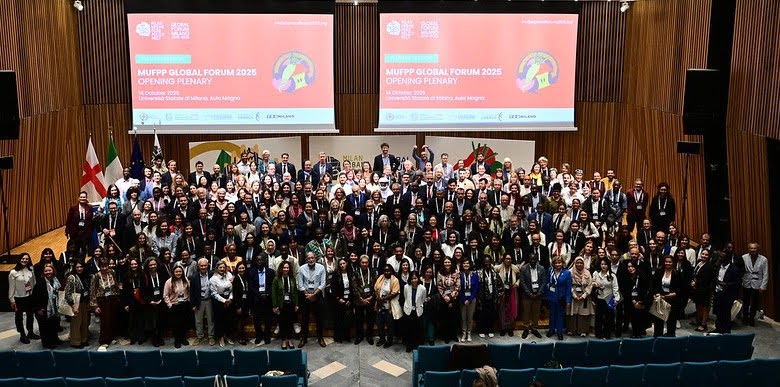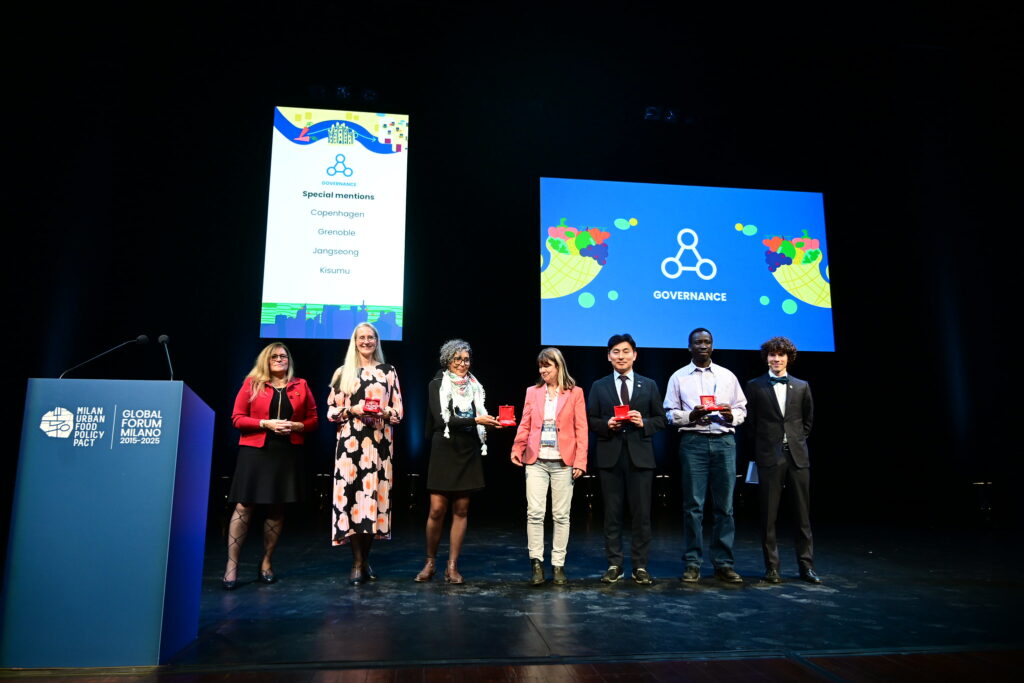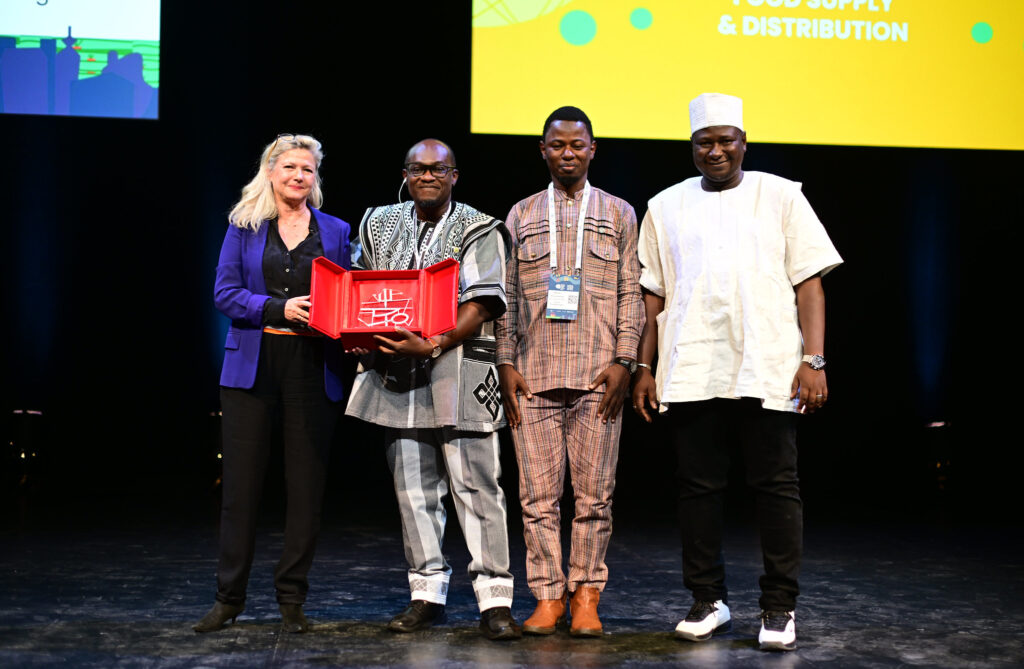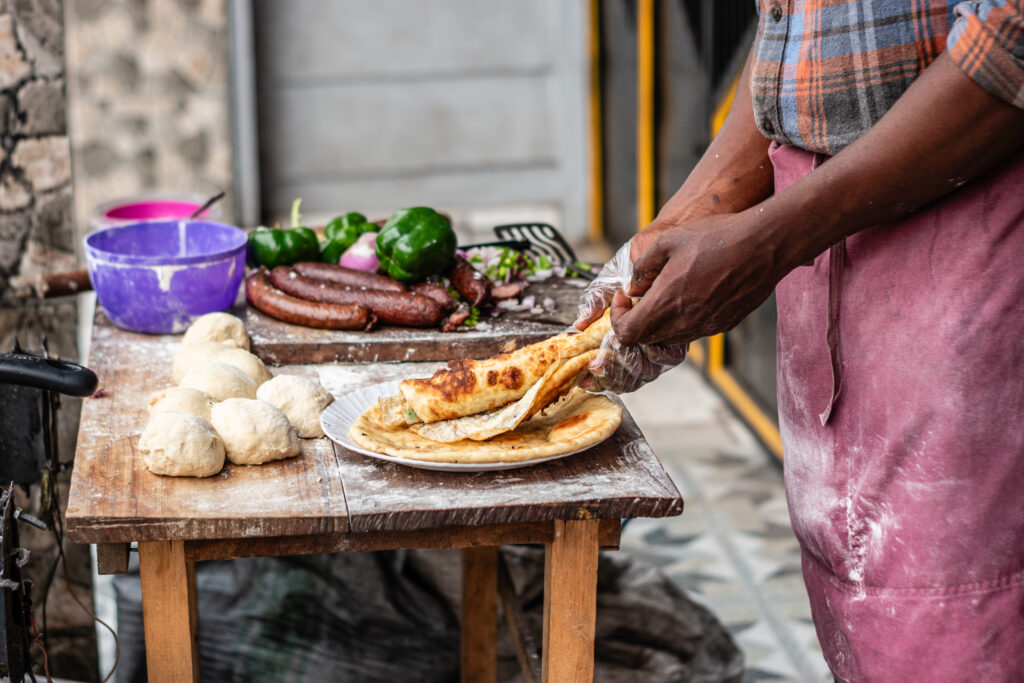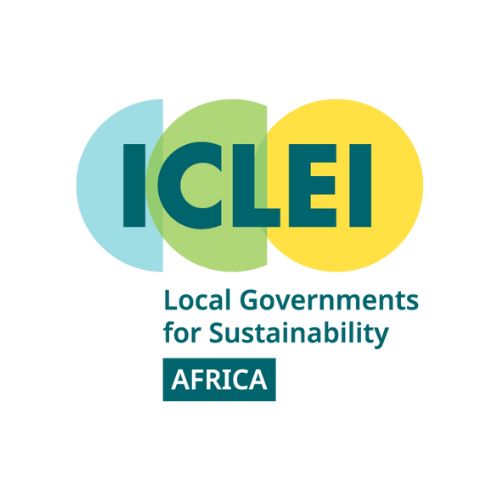Home » Explore the latest project news » Shared foundations for food systems change in a diverse world
Shared foundations for food systems change in a diverse world
Reflections from the 2025 MUFPP Global Forum in Milan
Author: Esther Diaz Perez – CIRAD
Contributor: Mulesa Lumina – ICLEI Africa
The MUFPP (Milan Urban Food Policy Pact) Global Forum, which took place in Milan from 13th to 17th October, brought together cities’ representatives and partners from around the world, to share their experiences, initiatives and views on urban food policies aimed at building more sustainable, resilient and healthier urban food systems. They firmly showcased how transformative actions can be led by cities which are demonstrating that they are major drivers of change in their urban food systems.
While there was a diverse mix of cities, contexts, cultures and realities, deliberations revealed common, interlinked challenges and priorities. Herein, a solid alignment among cities on the way forward resolutely emerged. There were calls for the institutional recognition of cities, at both national and international levels, as legitimate leaders of transformative and innovative local initiatives. There were further calls for national governments to allocate more resources to cities including policy instruments and funding to enable the implementation of these innovations. In the same line, there were also voices calling for food to be considered an urban issue managed by cities, going beyond the traditional rural and agriculture production lenses – an idea that resonates deeply with AfriFOODlinks and is embedded in our work.
AfriFOODlinks project aligning with MUFPP cities’ food priorities
Within the framework of the AfriFOODlinks project, and more specifically its implementation of real-world experiments to transform food environments, which CIRAD co-coordinates, I observed strong alignment between the themes addressed by the AfriFOODlinks city-level interventions and those prioritized at the MUFPP Global Forum.
Discussions at the Forum emphasized several key areas for urban food systems transformation – school meals, food waste and local markets as essential economic and social spaces for people to access food. These themes closely mirror the focus areas of AfriFOODlinks’ city pilots, underscoring the project’s relevance and coherence with global urban food agendas.
Still, two relevant dimensions could have received greater attention in the Global Forum agenda. The first is the informal food sector, which plays a crucial role in African urban contexts by ensuring food availability (being geographically dispersed across cities) and accessibility (offering flexible pricing systems that make food more affordable for vulnerable groups). The second significant area is healthy diets, specifically the question of the design of urban food environments in a manner that ensures availability, access to and consumption of healthy foods. Further to that, interrogating the question of how cities can effectively counteract the overwhelming power of ultra-processed foods, the influence of large agribusinesses that use aggressive marketing and the extensive distribution networks of unhealthy foods. These remain complex questions to answer that AfriFOODlinks will continue to explore.
It is also worth noting that three AfriFOODlinks cities shone brightly on the global food stage, having received international recognition for their urban food initiatives at the 2025 Milan Pact Awards. Ouagadougou (Burkina Faso) won the award in the Food Supply and Distribution category, while Mbale (Uganda) and Kisumu (Kenya) received special mentions for both the Food Supply and Distribution and Governance categories respectively. These distinctions reaffirm that AfriFOODlinks cities are on the right path toward creating more sustainable and equitable urban food systems.
Overall reflections and key takeaways for future actions
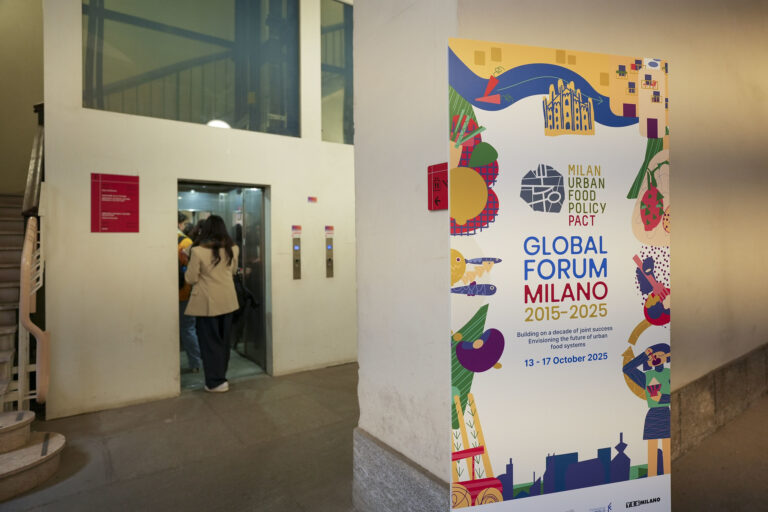
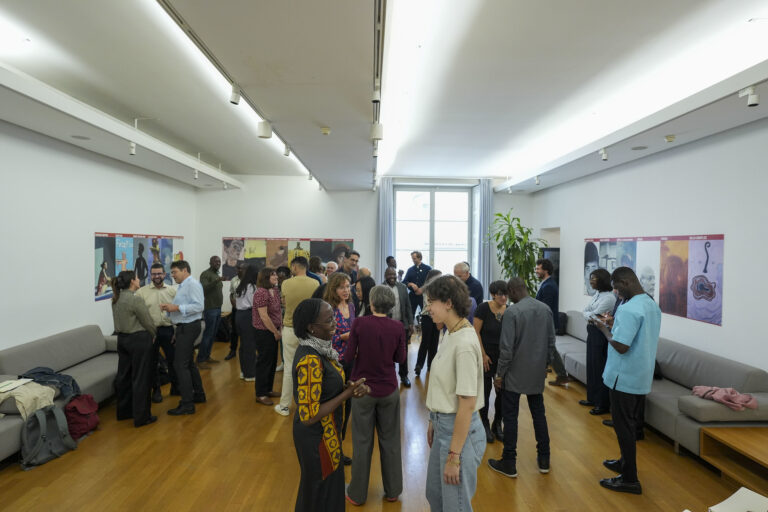
- Inclusive and participatory governance: The sessions highlighted that multistakeholder, participatory approaches and co-construction from the earliest stages of an intervention or project are fundamental for identifying and implementing contextually relevant solutions that respond to societal needs, foster ownership and ensure sustainability;
- Institutional embedding and financial continuity: It is essential that actions initially supported by projects funds are subsequently integrated into municipal strategies and budgets to guarantee continuity and long-term impact beyond the project lifecycle;
- Collaborative learning and collective advocacy: Partnerships, networking mechanisms and peer-to-peer exchanges are extremely valuable for enabling joint action and strengthening a collective, unified voice that can influence higher-level policy agendas and decision-making fora;
- Youth as agents for transformation: Young people represent a catalytic group to involve in urban food policy action. Understanding their perspectives and using the right communication channels is essential to reach, connect with and mobilise them effectively;
- Institutional capacity building: Strengthening the capacities of city officials and technical staff on sustainable urban food systems and policies, lays solid foundations for future transformation. Building strong social capital within institutions helps ensure continuity beyond political cycles ;
- Role of research: Research plays a crucial role in generating data and evidence, enhancing the understanding of complex intervention environments, and supporting informed policy-making. It also enables the design of sound real-world experiments and helps capitalize on learnings to guide upscaling processes;
- Private sector engagement: The private sector should be engaged more as a key partner for contributing to the continuity of actions, not only because of its capacity to mobilise resources, but also due to its power to drive change in both tangible (infrastructure) and intangible (behaviour) dimensions;
Food as a human right and cities as key changemakers
Among the many powerful messages and insights shared, one in particular stood out and resonated very strongly throughout the global forum: food must be recognized as a fundamental human right, and not as a commodity. Food plays a crucial role in our cultures and is essential for peace and social stability.
Recognizing food as a human right also means rethinking where and how action to transform food systems happens. With most of Africa’s food-insecure people living in urban and peri-urban areas, cities have become critical frontlines for such change. Through experimentation and innovation carried out by projects like AfriFOODlinks, cities can connect people, policies, and markets to transform urban food systems from the ground up, turning the right to food into a lived reality for all.
Explore
"Uncategorized"

Read more about
"Uncategorized"
READ MORE
